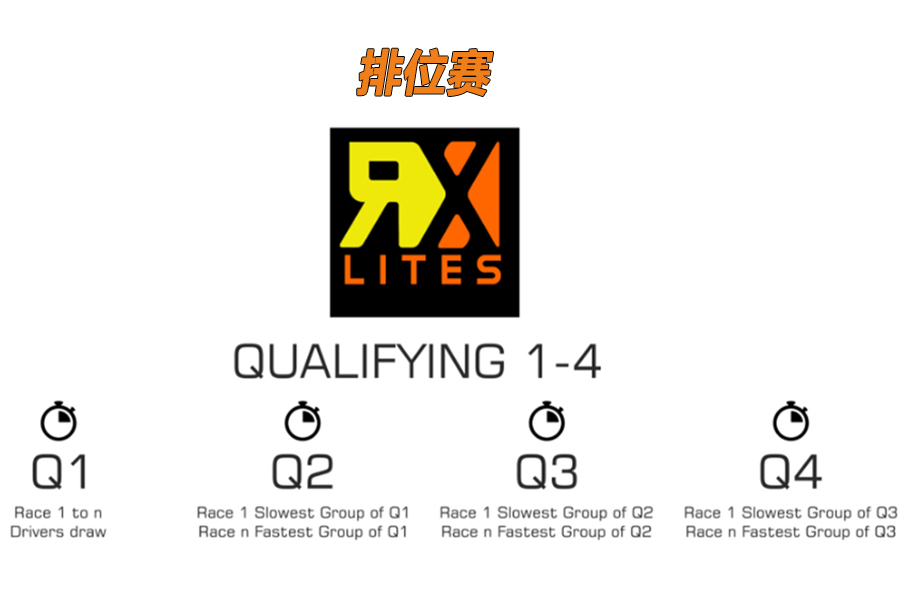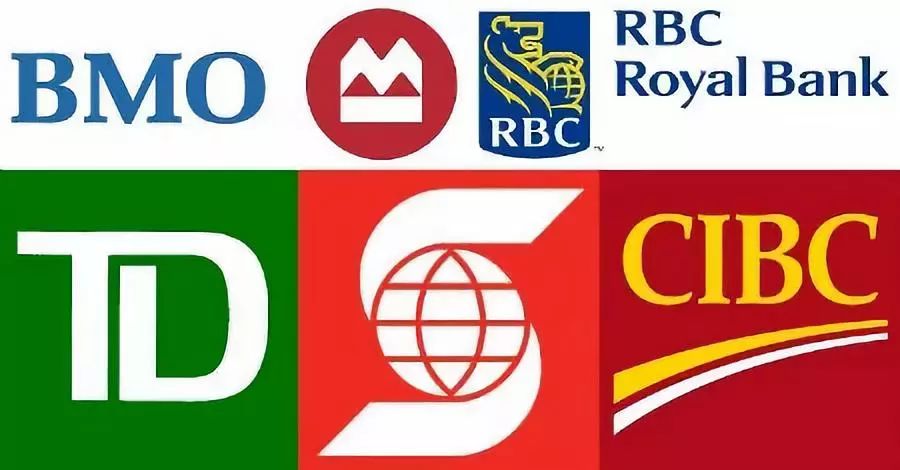Credit Union or Bank for Home Loan: Which is the Best Option for Your Dream Home?
When it comes to securing financing for your dream home, the decision between a credit union or a bank for home loan can feel overwhelming. Both institution……
When it comes to securing financing for your dream home, the decision between a credit union or a bank for home loan can feel overwhelming. Both institutions offer unique advantages and disadvantages that can significantly impact your mortgage experience. Understanding these differences is crucial in making an informed choice that aligns with your financial goals.
### Understanding Credit Unions
Credit unions are member-owned financial institutions that often provide a more personalized approach to lending. Because they are not-for-profit organizations, credit unions typically offer lower interest rates and fewer fees compared to traditional banks. This can result in substantial savings over the life of your loan.
One of the standout features of credit unions is their focus on community and member service. They are often more willing to work with borrowers who may have less-than-perfect credit histories or unique financial situations. This personalized attention can make a significant difference, especially for first-time homebuyers or those with limited credit histories.
### The Advantages of Banks

On the other hand, banks are larger, established financial institutions that may offer a wider range of mortgage products. If you are looking for a specific type of loan, such as a jumbo loan or a government-backed mortgage, banks often have more options available. Additionally, banks may provide a more streamlined online application process, making it easier for tech-savvy borrowers to manage their loans.
Another advantage of banks is their extensive resources. Larger banks often have more robust customer service departments, which can be beneficial if you have questions or need assistance throughout the loan process. They also tend to have more branches and ATMs, offering greater convenience for in-person banking.
### Comparing Rates and Fees
When deciding between a credit union or bank for home loan, it’s essential to compare interest rates and fees. Credit unions often have lower rates due to their not-for-profit status, but this can vary widely based on the specific institution and your financial profile. Banks may offer competitive rates but can also have higher fees, which can add to the overall cost of your loan.

Don’t forget to consider additional costs such as closing costs, origination fees, and private mortgage insurance (PMI). These factors can significantly affect your monthly payments and the total amount you’ll pay over the life of the loan.
### Loan Types and Flexibility
Another important consideration is the types of loans each institution offers. Credit unions may focus on conventional loans and government-backed options, while banks often have a broader array of products, including specialized loans for investment properties or vacation homes. If you have specific needs, such as a larger loan amount or unique property types, a bank may provide more flexibility.
### Conclusion: Making the Right Choice

Ultimately, the decision between a credit union or bank for home loan depends on your individual circumstances and preferences. If you value personalized service and lower rates, a credit union may be the ideal choice. However, if you require a wider range of loan products and a more extensive network, a bank could be the better option.
Before making a decision, take the time to shop around and compare offers from both credit unions and banks. This will help you find the best loan terms and conditions that suit your financial situation. Remember, securing a home loan is a significant commitment, and choosing the right lender can make all the difference in your home-buying journey.